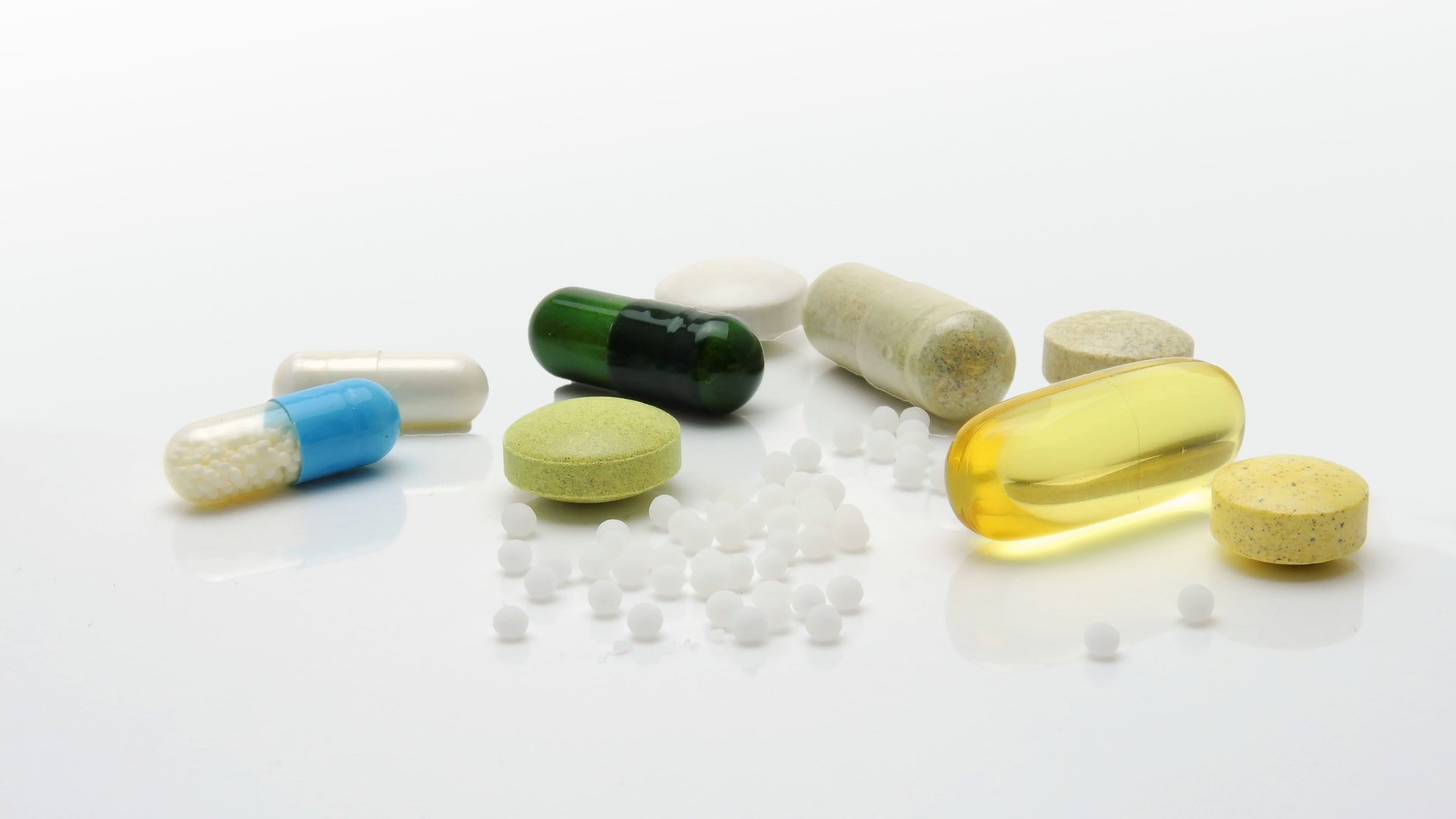Oral medication in capsules and tablets is widely used for several ailments. They both function by delivering medicines to your body through your digestive tract.
While both have similar goals, there are some significant distinctions in the types of mediations and which are appropriate for them. We’ve detailed the differences between capsules and tablets in this article to help you buy medication online confidently.
What Are Tablets and How Do They Work?
The most popular type of pill is a tablet, which is a low-cost but highly effective means to give medication orally. Tablets are formed by combining one or more powdered substances into a solid, smooth-coated pill that dissolves in the digestive tract.
What is your preferred method of taking tablets?
Tablets are normally taken with water and with or without meals, depending on the type of drug. You can also purchase chewable tablets, which are available for some but not all types of medications.
How Do Tablet Computers Work?
A unique coating is often applied to tablets to guarantee that the components are effectively absorbed in the gut and not earlier in the digestion process. The dissolved pill is absorbed into the bloodstream and transported to the liver, and it then spreads throughout the body to the targeted region.
What Are the Different Types of Tablets?
Tablets are frequently constructed with extra components that hold the pill together and improve the texture or flavor in addition to the active ingredient. Tablets can be cut into discs, oblongs, or round tablets, and some may have a line across them to facilitate breaking them in half simpler (if a half dose is required).
What Are Capsules and How Do They Work?
Capsules are a form of drug that has an outer shell around it. The drug is taken into the bloodstream and metabolized once the shell breaks down in the intestines (in the same way as a tablet).
How Do Capsules Appear?
Capsules are available in two types: hard shell and soft gel. Hardshell capsules are made up of two halves that fit together to form a closed casing. It can be filled with either a dry medication in powder or pellet form or a liquid medication.
For dual-action or extended-release formulations, capsules are ideal. Soft gel capsules differ from hard capsules in that they are often wider and semi-transparent, and they contain a liquid drug that is easier to digest and absorb.
The Advantages and Disadvantages of Capsules vs. Tablets
In other words, no one drug is “better” than another. Whether you take a capsule or a tablet depends entirely on the drug you’re taking; rest certain, the manufacturer has considered the advantages and disadvantages of both.
The Benefits Of Tablets
Tablets, unlike capsules, are normally shelf-stable and have a longer shelf life. A single tablet can also hold a bigger dose of medication than a single capsule, making them ideal for drugs that require a higher amount. Pills, unlike capsules, can be split in half, and some are chewable, making them more accessible to persons who have difficulty swallowing tablets.
The Benefits of Capsules
Capsules are quick-acting, tasteless, and tamper-resistant because they can’t be divided in half or broken like a tablet. Capsules also have a higher bioavailability, which means the bloodstream more easily absorbs them.
Tablets Have Some Drawbacks
However, there are a few things to consider. Tablets are more likely to irritate your stomach and have a longer-acting time. Tablets have a lower absorption rate because they are more prone to break down unevenly. Tablets are likewise unappealing to many people.
The Drawbacks of Capsules
Capsules are less durable than tablets and are susceptible to moisture. Capsules are also more expensive to make and buy, and they may contain animal components such as gelatine, making them incompatible with vegans and vegetarians.
So, which is the safer option?
Neither form of the drug is riskier than the other; both have modest side effects. If you have any concerns about the components in either tablets or capsules, you should see your doctor or pharmacist before taking them. Speak to your doctor if you’re allergic or sensitive to any of the substances in your prescription so that you can be prescribed an alternative.
Notes at the End
Tablets and capsules are both readily available forms of medication. While they usually serve the same goal, they have certain distinctions to consider. Do not hesitate to contact a health expert if you have any questions or concerns regarding your drug.





